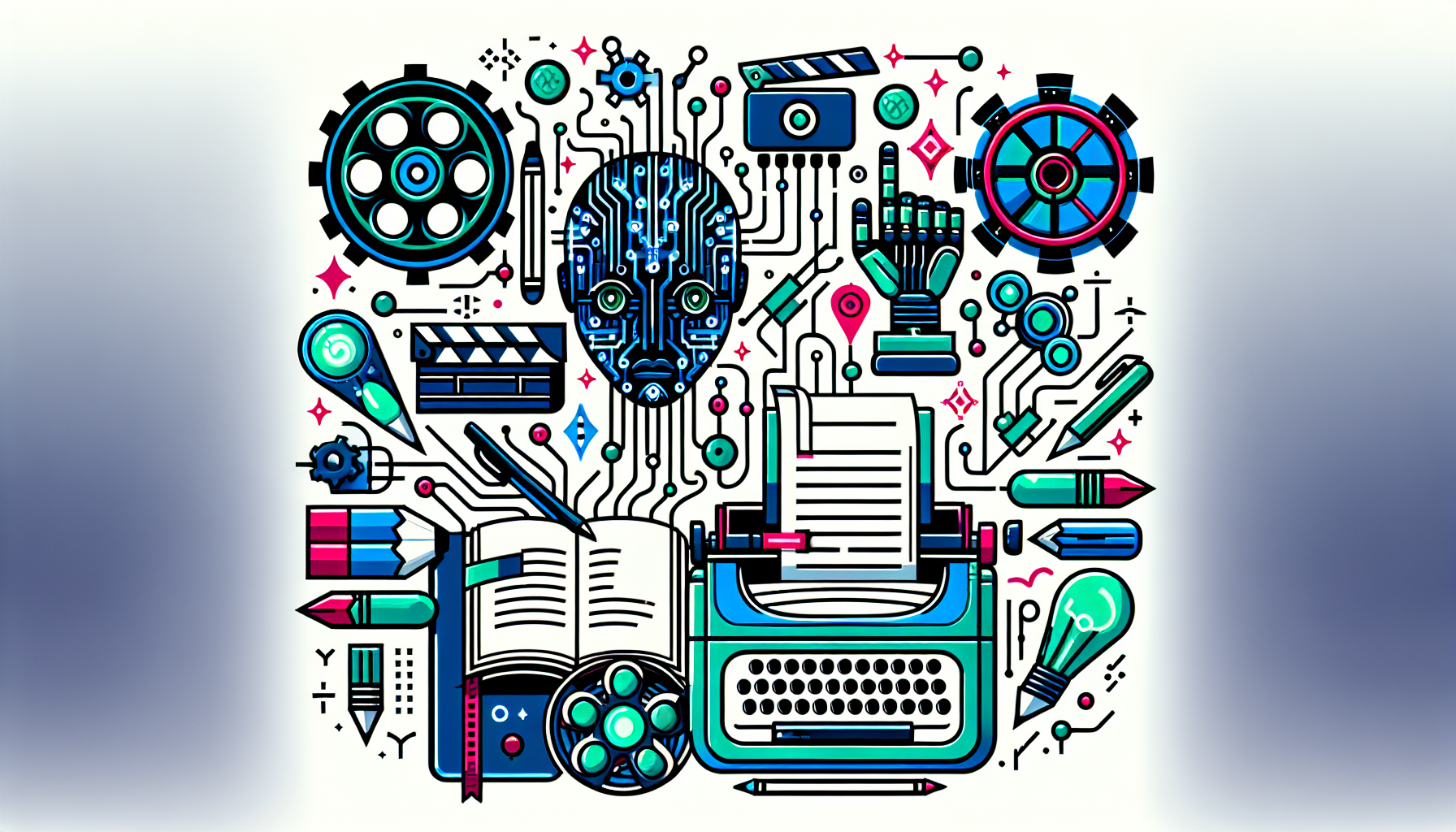Exploring AI Screenwriting: A Modern Twist on Scriptwriting
The realm of film and television is witnessing a revolutionary shift with the introduction of Artificial Intelligence (AI) in screenwriting. This novel approach brings a modern twist to the traditional scriptwriting process, blending creativity with technology to forge narratives that challenge the boundaries of storytelling. As we delve into the era of AI screenwriting, we uncover the complexities, potential, and controversies surrounding this cutting-edge method.
The Basics of AI Screenwriting
AI screenwriting involves the use of sophisticated algorithms capable of generating scripts for movies, TV shows, and even video games. These AI systems are trained on vast databases of existing screenplays, absorbing the structural nuances, thematic elements, and dialogue intricacies characteristic of successful scripts. Through machine learning and natural language processing techniques, AI can produce original content or suggest edits and improvements to human-written scripts.
Benefits of Integrating AI into Scriptwriting
The integration of AI into scriptwriting offers several compelling benefits. For starters, AI can drastically reduce the time required to develop a script. It can generate multiple storylines and dialogues in a fraction of the time a human writer might take, allowing for rapid prototyping of ideas. Furthermore, AI has the potential to enhance creativity by suggesting unique plot twists or character arcs that might not be immediately obvious to human writers. AI can also offer data-driven insights into audience preferences, enabling writers to craft stories that resonate more deeply with viewers.
Challenges and Ethical Considerations
Despite its promising advantages, AI screenwriting raises significant challenges and ethical considerations. One primary concern is the fear of homogenization in storytelling, where scripts become overly formulaic, lacking the depth and nuance that come from the human experience. Additionally, there are worries about job displacement for traditional screenwriters, with AI potentially replacing human creativity rather than complementing it. The ethical use of copyrighted materials during the AI training process also poses a notable dilemma, requiring careful navigation to avoid infringement.
Real-World Applications and Developments
AI screenwriting is not merely theoretical; it has begun to find its place in the real world. Various software tools and platforms are now available that use AI to assist writers in crafting compelling narratives. For example, some systems focus on generating dialogue based on character profiles, while others specialize in creating entire screenplay outlines. Additionally, there have been instances where short films and advertisements have been produced using AI-written scripts, showcasing the practical utility and creative potential of this technology.
Looking Ahead: The Future of AI Screenwriting
The future of AI screenwriting is ripe with possibilities. As AI technology continues to evolve, we can expect even more sophisticated tools that offer greater creative collaboration between humans and machines. The goal is not to replace human screenwriters but to empower them with tools that augment their creativity and efficiency. Moreover, as the industry embraces AI, we may see new forms of storytelling emerge, blending traditional narrative techniques with unprecedented AI-generated content. The journey of AI screenwriting is just beginning, and its impact on the film and television industry promises to be transformative.
As we explore the modern twist AI introduces to scriptwriting, it becomes clear that the blend of artificial intelligence and human creativity is not just an experiment but a significant evolution in storytelling. By navigating the challenges and harnessing the potential of AI, the future of screenwriting holds endless possibilities.







